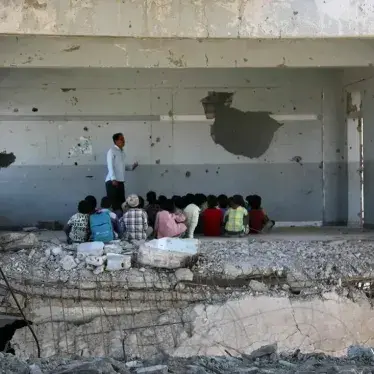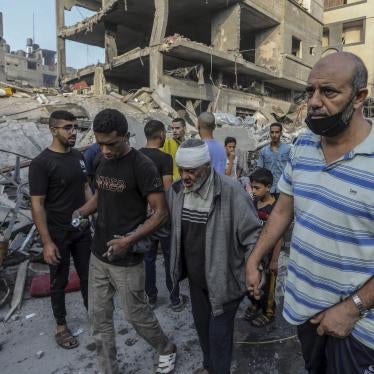World attention is riveted on the escalating conflict and humanitarian catastrophe in Syria, which has cost more than 100,000 lives, injured countless more, and displaced millions from their homes. The devastating effects of the violence are shown in the media day after day. Yet one group highly affected by the war remains invisible: people with disabilities.
Handicap International has called the Syrian conflict “a highly disabling crisis,” with a large number of amputations and double the ratio of spinal cord injuries than seen in other crises. According to UNICEF, humanitarian agencies on the ground are dealing with an increasing number of refugee children with injuries or profound mental trauma caused by the conflict.
No doubt, humanitarian assistance providers and UN agencies are juggling a number of priorities in a very demanding environment. Access to healthcare, education and other basic services have been difficult for many both inside Syria and in the refugee context.
But people with disabilities – including those who had disabilities before the conflict – face compounded challenges because of physical, communication, and attitudinal barriers, which are only exacerbated by the war. In December 2012, many psychiatric hospitals in Aleppo were bombarded causing staff to flee and leaving patients to fend for themselves, making them easy targets for snipers. The few psychiatric facilities that remain open, such as Dar al-Ajaza, face chronic shortages of food, water, and medicine.
As noted this week by the monitoring body of the UN disability rights treaty, which Syria ratified in 2009, the Syrian government is obliged to guarantee the protection and safety of persons with disabilities in situations of risk, including during armed conflict. They, and opposition leaders who act as the de facto ruling authority in governorates across northern Syria, are failing to do so.
Despite competing priorities and budget shortfalls, as part of the emergency response strategy for Syria, humanitarians and UN agencies should prioritize assistance to people with disabilities, who are among the most vulnerable in this crisis. The opening of the UN General Assembly in New York next week, which includes high-level meetings on disability and development, provides the ideal opportunity for world leaders to demonstrate support for people with disabilities and bring them out from the shadows of this conflict.









